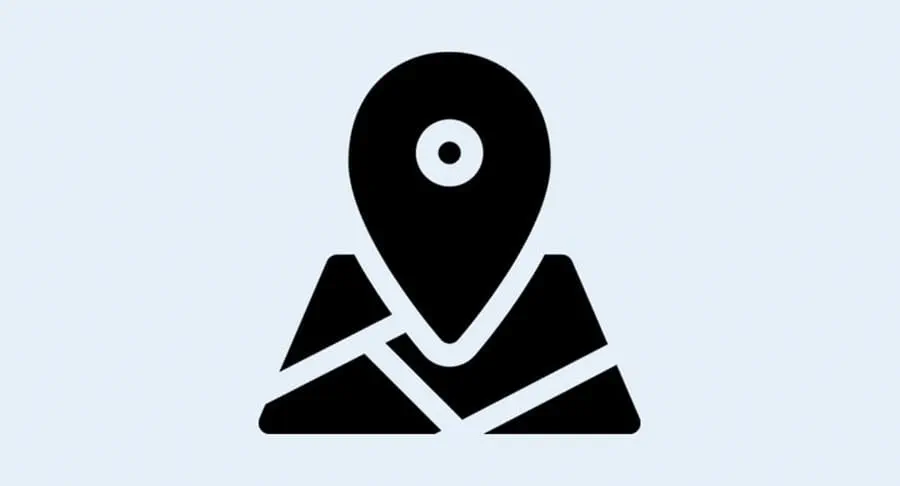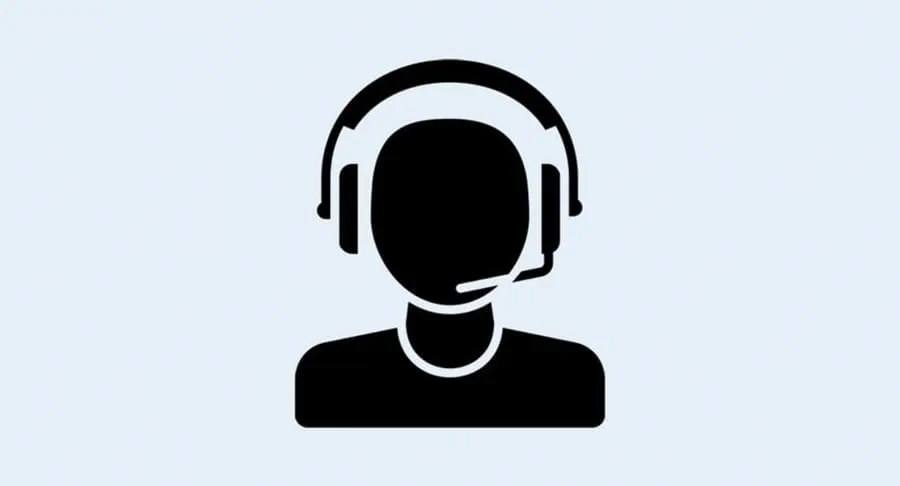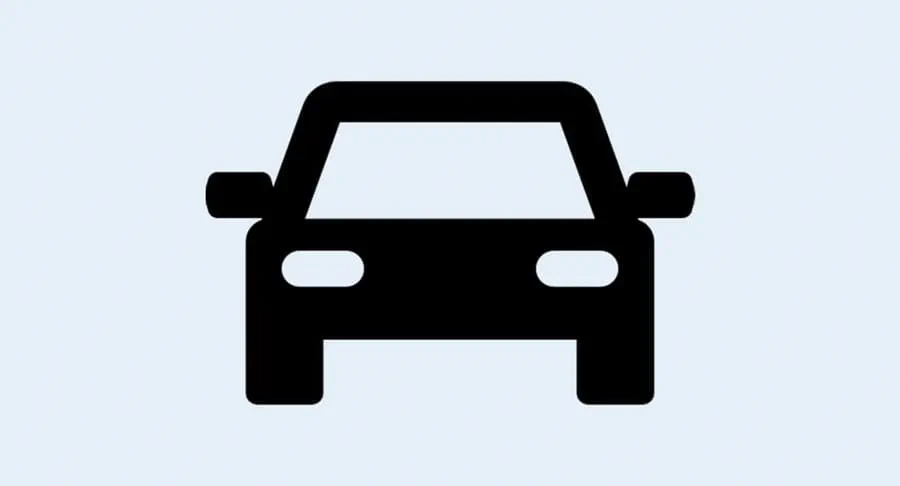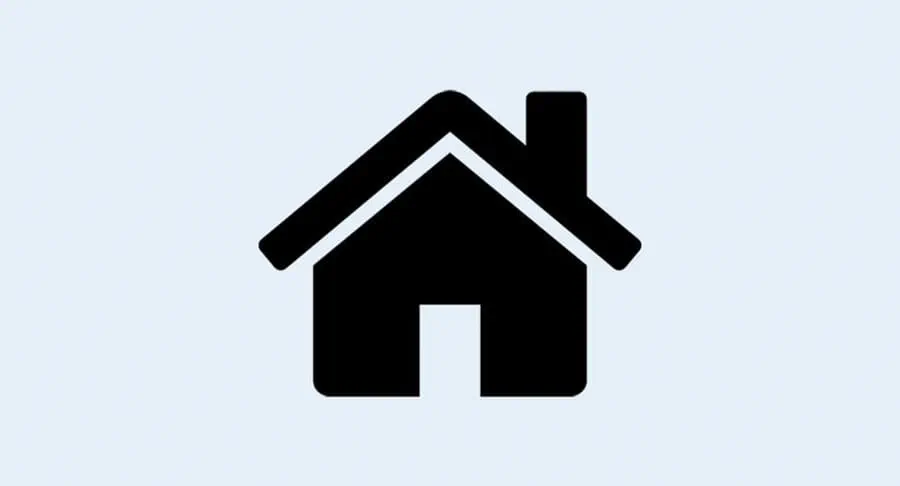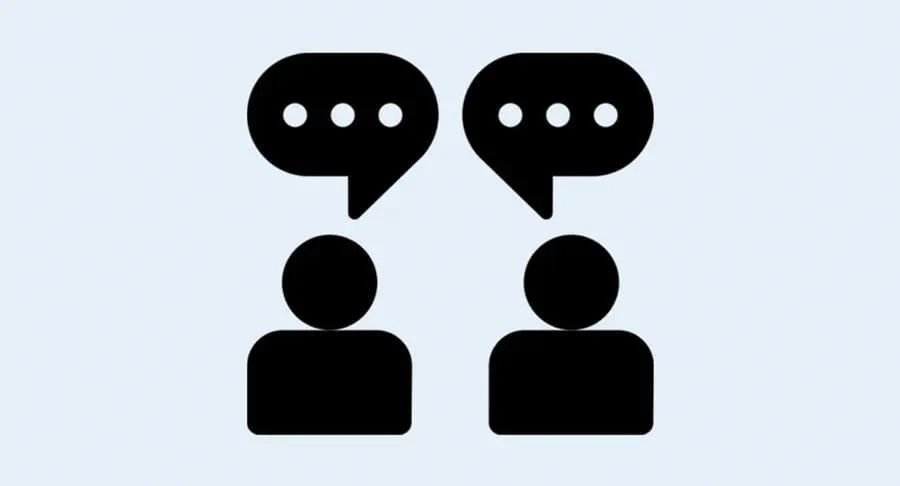Newcomers to Canada
Over the last 4 decades, there has been a significant increase in the number of recent immigrants coming to Canada. In 2021, there were over 8 million current or former permanent residents in Canada. This makes up about 23% of the population.
Unfortunately, there is not much information about cancer in newcomers to Canada. They may face similar challenges in accessing cancer care as people who have lived in Canada longer, but cultural and language barriers can make these challenges even tougher. It's important to note that newcomers are a diverse group with different economic statuses and receive different levels of support when they arrive in Canada.
No one should face a cancer diagnosis alone or lack access to the information and care they need. But for newcomers to Canada with a cancer diagnosis and their loved ones, there can be unique challenges and barriers that make a cancer experience more difficult than it needs to be. The Canadian Cancer Society (CCS) acknowledges its responsibility to provide cancer information, support and practical services to newcomers to Canada, as well as advocate for healthy public policy and fund research focused on advancing health equity.
Who are newcomers to Canada?
CCS has released Advancing Health Equity Through Cancer Information and Support Services: Report on communities that are underserved. The report describes the gaps, barriers and challenges faced by 10 identified underserved communities, including newcomers to Canada. It offers insight on how to better engage with and improve supports for these communities who, like all people in Canada, deserve access to cancer care.
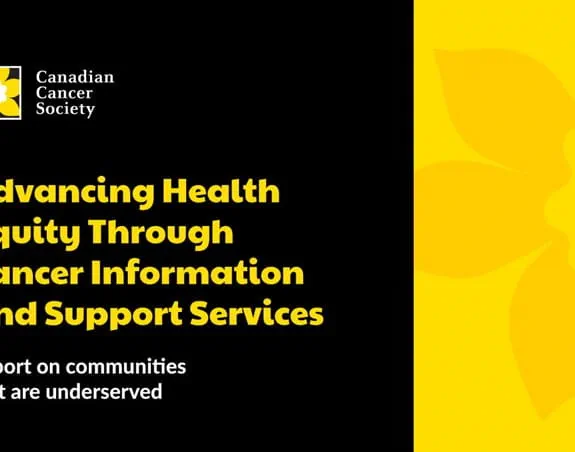
Our programs and services
Our cancer information, support and practical programs are for everyone in Canada, but here are ways that they support newcomers to Canada with cancer in particular.
Cancer information
Community Services Locator
Cancer Information Helpline
Wheels of Hope
Accommodations
Online cancer support community
Support for newcomers to Canada

Memo-mamo campaign



